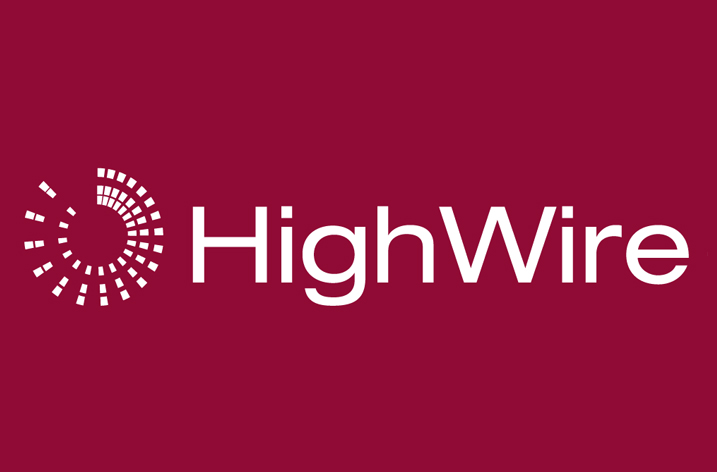
HighWire Press, Inc., the leading technology platform and strategic partner to influential scholarly publishers, now integrates CHORUS so authors and their publishers can more easily make research output freely available, as required by CHORUS US funder partners including National Science Foundation, US Department of Energy, US Geological Survey – part of the Department of the Interior, Smithsonian Institution, and most recently, the US Department of Defense. In addition, CHORUS is running a pilot project with NIST (National Institute of Standards and Technology).
This integration enables HighWire to automatically deposit funding and licensing information required by CrossRef and CHORUS when authors and publishers provide it as part of standard publishing processes. The CHORUS harvester authentication service then provides the research funding agencies with secure access to the articles for the purpose of indexing on their portals. CHORUS supplies metadata to agency portals to enable them to link to the best available versions of articles reporting on funded research on the publication sites, thereby providing research in context with supplemental information and tools; it also reduces version confusion.
Technology interoperability across scholarly communications is increasingly important as researchers, institutions, publishers, and funders seek more visibility to the impact of research on scholarship and society. CHORUS enables anyone to see the number of funded research articles publically available on a convenient funder dashboard which also displays the publishers of the research. The open dashboards also report on reuse license information availability and long term preservation/archiving arrangements, and link to the articles.
“We are pleased to have this integration in place within only weeks of becoming a CHORUS Affiliate Member,” said Dan Filby, CEO of HighWire Press. “John Sack, HighWire Founding Director, and newly elected member of the CHORUS Board of Directors, will be a valuable contributor to innovative solutions, like the CHORUS dashboard service, to help visualize and use information in the metadata for many stakeholders in research communications,” added Filby.



























